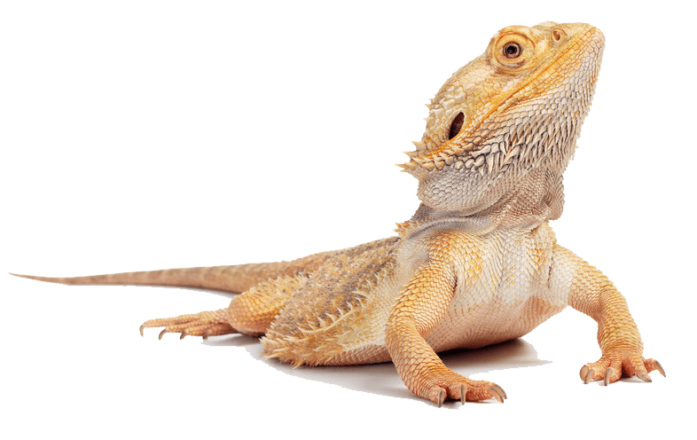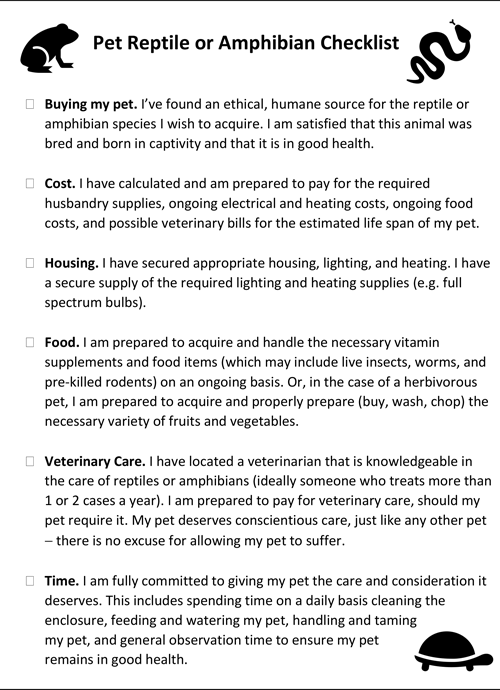Reptiles & Amphibians as Pets
Start with these 3 important points:
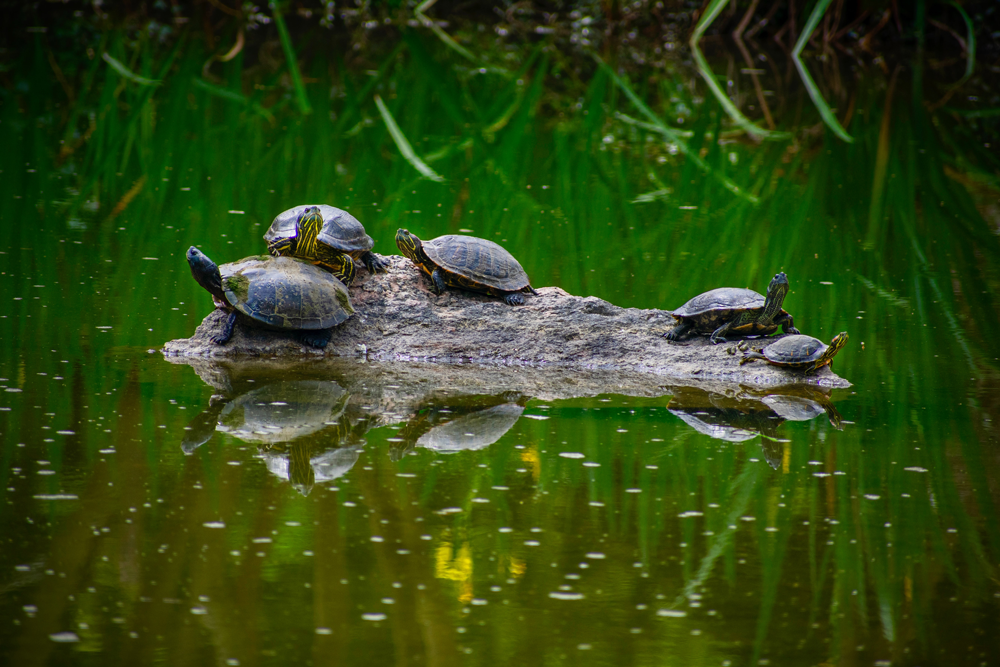
#1
It is illegal to hold any wild animal in captivity.
It is against the law to capture and hold in captivity any wild animal found in British Columbia, including reptiles and amphibians. Not only is it illegal, but wild-caught animals do not make good pets!
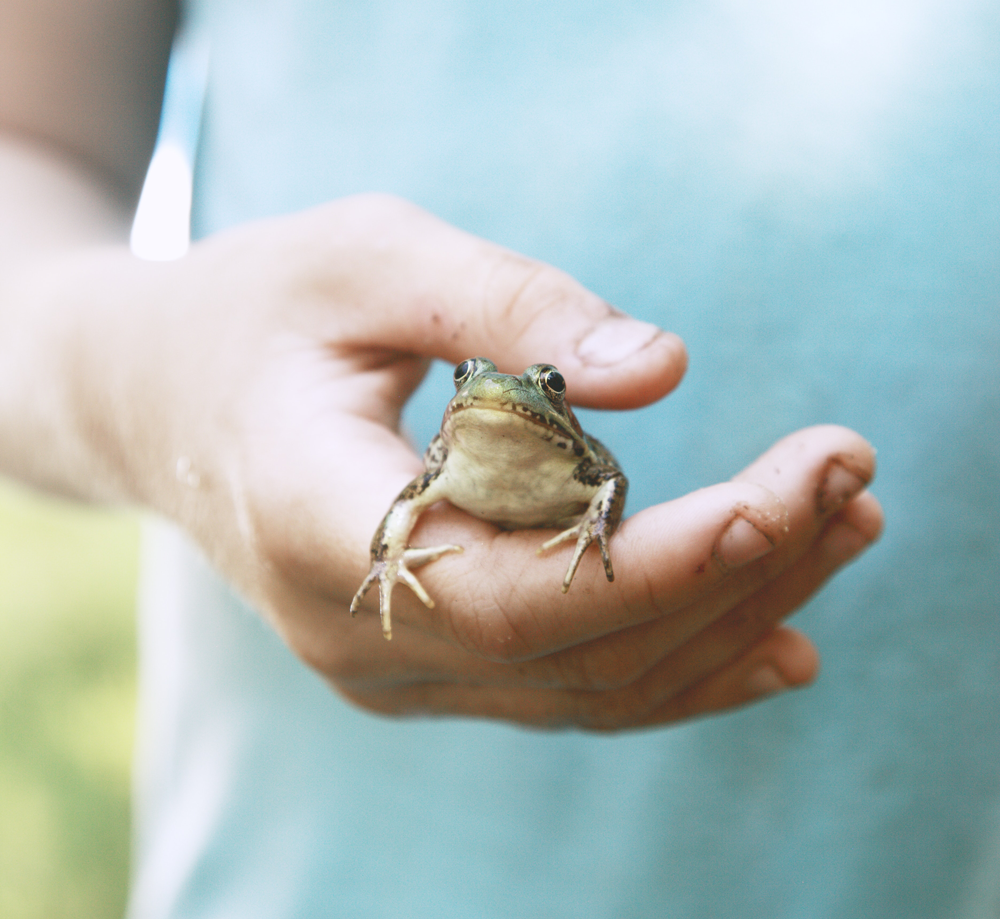
#2
Releasing your pet into the wild when you no longer want it, is NOT an option.
Released to the wild, most pets will quickly (or worse yet, slowly) die due to exposure, starvation, or predation.
Occasionally, these alien species will adapt to their new environment and flourish. This can create huge problems for local species. In fact, after habitat loss, introduced species are the greatest threat to ecosystem health and biodiversity world-wide.
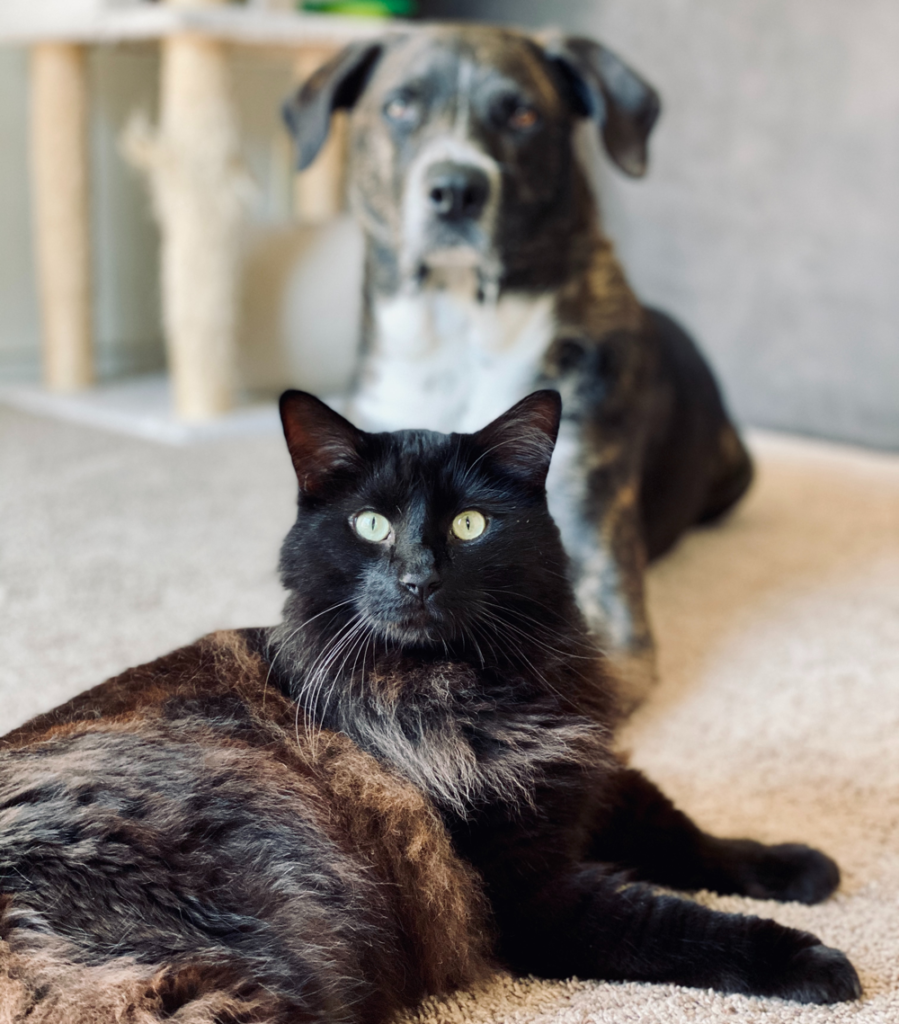
#3
Reptiles and amphibians do not domesticate like cats and dogs do.
Reptiles and amphibians do not become pets in the same way that cats and dogs do, or even birds. They are not as interactive as mammals and birds, and they do not “play games” with their owners. In addition, they have very specific (and often expensive) housing requirements. So if you want a pet reptile or amphibian simply because you think it is “cool” or it will be a good status symbol, please think again.
If you understand and acknowledge these points, here are some other questions you should ask yourself before getting a pet reptile or amphibian:
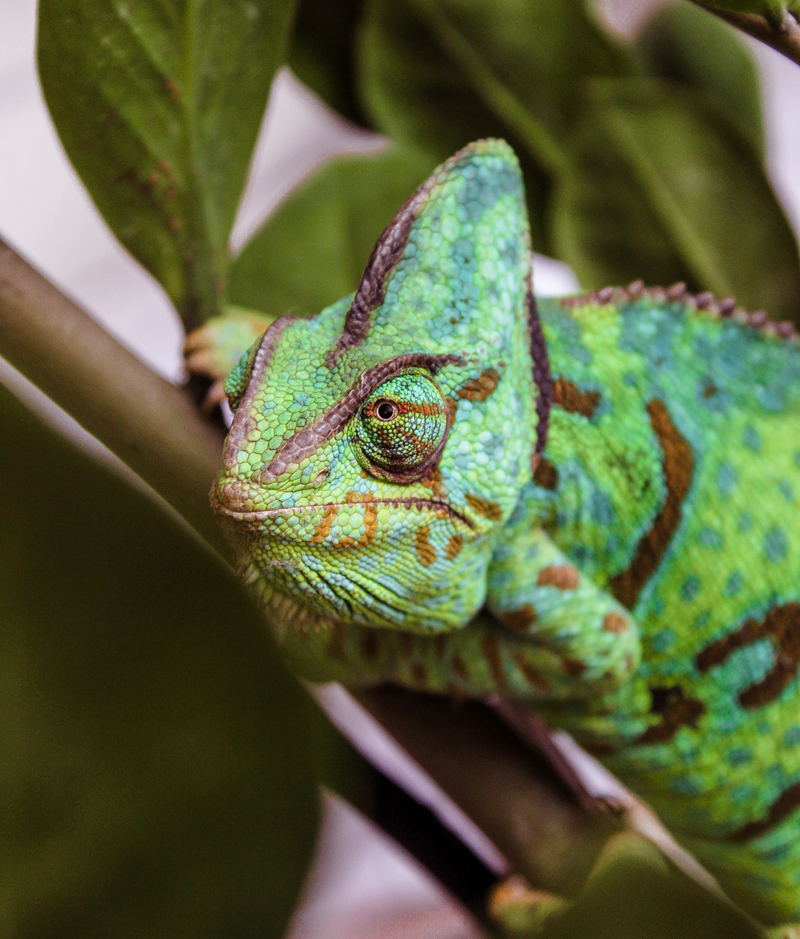
Compared to a cat, dog, or bird, it is much more difficult to tell whether a captive reptile or amphibian is ill. The early signs of health problems in these animals are much more subtle. We more easily recognize that a pet dog is sick because it behaves and displays symptoms similar to us (another mammal). By the time many reptile or amphibian owners realize their pet is ill, it is too late to save the animal. Think carefully, do research, and talk to experts before deciding to get an exotic pet.

Click on the websites below to learn what reptiles make good (and not so good) pets:
There are other reptiles and amphibians that are prohibited in BC, which can be found here.
To get a reptile or amphibian you will have to go to your local pet store. As a consumer, it is here where you can make a positive difference. Never buy a pet that has been taken from the wild - not only is it an unethical practice that results in distress for the animal as well as ecological damage, but you often end up with a suffering reptile or amphibian that will die within a year. Herptiles do not show pain and suffering like mammals do, and you may not notice the trauma of collection and transport until it is too late.
There is no excuse for supporting pet stores or dealers that remove wild animals from their homes for profit.
Your only ethical choice is a captive bred (also termed domestically bred) reptile, preferably one of the species addressed in the articles below. Even here, however, your work is not done. Like any pet, you should ensure that the animal comes from a reputable breeder with humane breeding conditions - you don’t want to support ‘puppy mill’ type breeding establishments. The best way to ensure this is to deal with a reputable pet store that is willing and able to provide you with all the information you ask for.
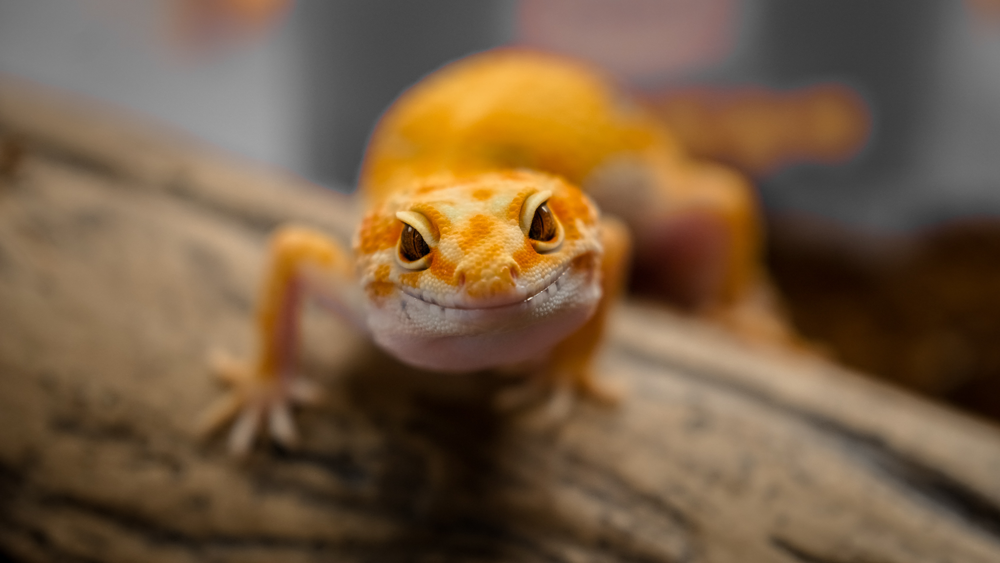
At the very least, a reptile or amphibian will need:
- A properly sized enclosure (consider how large the animal will grow, not just how large it is when you get it!)
- Suitable substrate
- Environmental enrichment (such as climbing, burrowing, or basking features)
- Adequate light (more than what we are used to in many cases)
- Increased heat and humidity demands
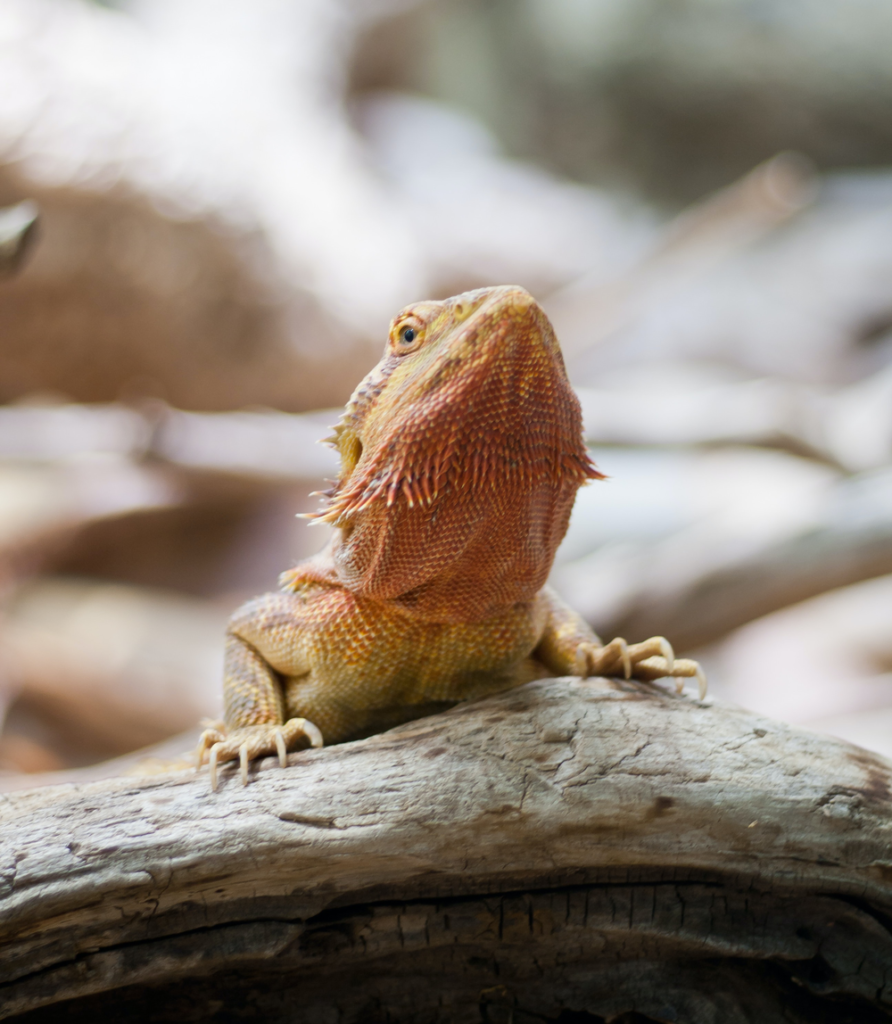
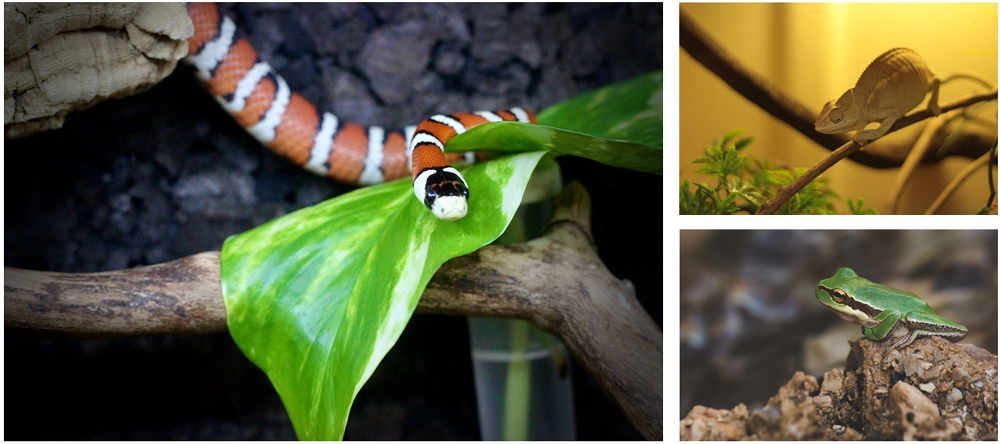
In addition, you must be willing to spend time observing your pet and keeping its home clean. Common health problems include skin abrasions (often from trying to escape the enclosure) and incomplete shedding. If left too long, these minor problems can become debilitating or even life threatening.
Given the appropriate care (which should be the goal of any responsible pet owner), some reptiles can live for decades. Can you sustain the level of care and all its associated costs for the estimated life span of your pet?
For many reptiles and amphibians there is limited information available. That makes it even more important to do your research and find out what is out there. You may find out what kind of microhabitats your pet needs, or some common problems other keepers have had. Why repeat the mistakes of others? Do the research and learn as much as you can.
So think seriously about whether you can commit yourself to the care of your new pet, for as long as it can be expected to live which can sometimes be decades!
Additional Resources
